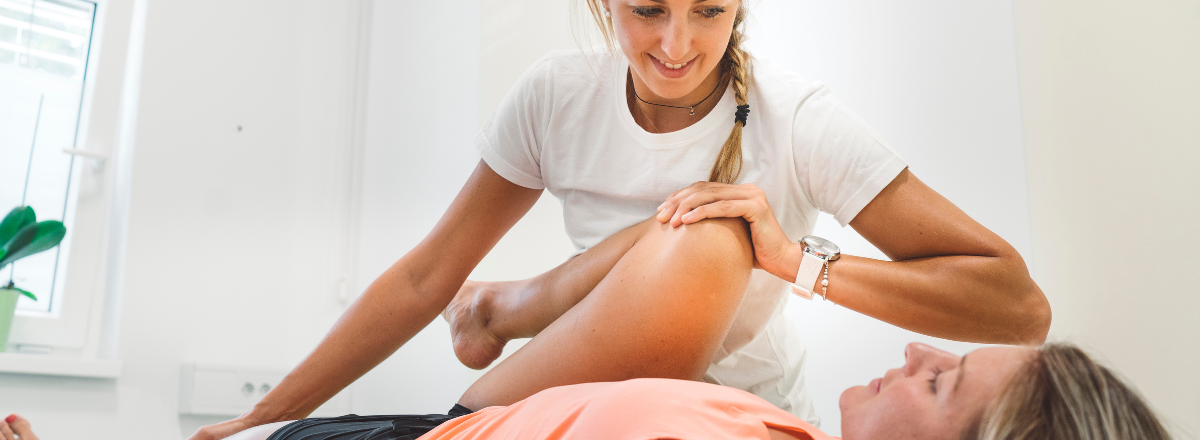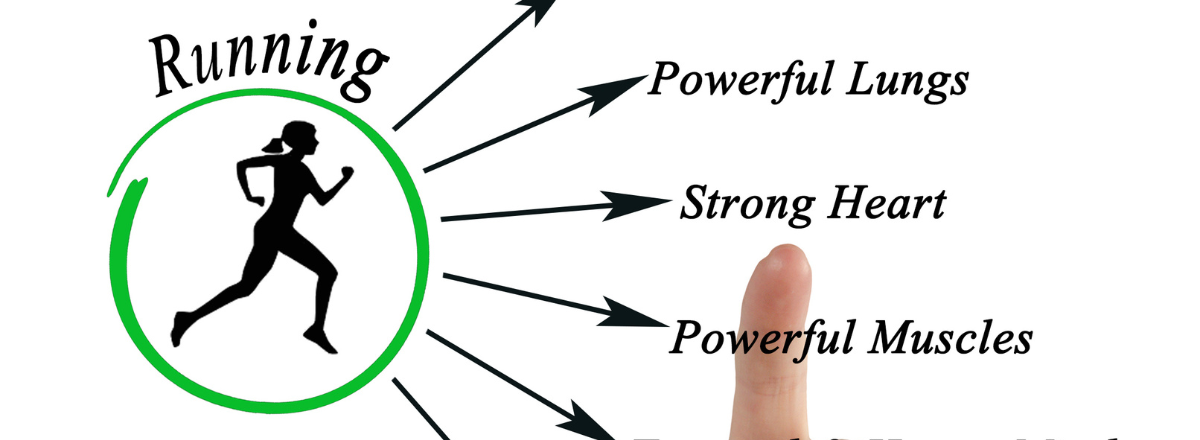This month over 40,000 runners will take part in the London Marathon, raising millions of pounds for charity. If you’re not one of this year’s competitors, maybe the event will inspire you to take up running or even start training for next year’s race. Whether you’re a novice or a seasoned runner, one thing’s for sure – ‘running is a great way to move more, get fit and have fun – not to mention the many mental health benefits it offers,’ says ZoomDoc GP, Dr Kenny. ‘But there are risks as well as benefits to running, especially if you’ve never exercised before,’ he adds. Here’s what to know about this particular mode of fitness before you get your running shoes on …
- It gets you fit, fast
Running burns more calories than many other forms of exercise. You can expect to burn around 11 calories per minute of running, more if you’re heavier in weight (source: American Council of Exercise). That’s around double the calories per minute of walking or cycling.
- There are other health benefits, too
As well as burning calories, running can improve your overall health with evidence to suggest it can also improve your:
- heart health
- lung health
- joint strength and stability.
‘Running regularly will help you lose weight, especially if combined with a healthy diet but it will also improve the health of your heart and lungs,’ says Dr Kenny.
‘There’s also evidence it may help increase bone density in some people, which can help protect against bone diseases like osteoporosis,’ he says.
Running can also reduce your risk of chronic illnesses like heart disease and type 2 diabetes. Any kind of exercise helps lower your risk of early death by up to 30%, too.
- It also helps your mental wellbeing
So many runners use it as a way to help their mental wellbeing as it helps them switch off and focus on something, taking them away from the stresses and strains of everyday life.
‘For some patients, regular running can be enough to stop them needing antidepressants when it comes to managing depression,’ says Dr Kenny.
According to the NHS, running can help reduce symptoms of:
- anxiety
- depression
- stress
- mood
- It’s completely free
You don’t need to spend money on gym memberships to go running. Just hit the streets or head to your nearest bit of countryside and go for it. Not sure where to start? There’s even a free app to help get you off the couch towards a 5k goal.
Download the couch to 5k app here.
Read more about health apps that could help you get fit, healthy and even save you a trip to the doctor’s.
But running also comes with health risks that are worth knowing about before you give it a try, or get back into it again …
- It’s not suitable for everyone
‘If you’re recovering from an injury, illness or are worried about an existing condition, speak to a GP or physio before you suddenly start pounding the pavements,’ says Dr Kenny.
Once you’ve been given the all-clear, make sure you start slowly and build up to avoid injury or setbacks.
NHS advice says:
‘If you haven’t been active for a while, or are just starting out, you may want to begin walking first. Afterwards, slowly build up the pace to running.’
- Injuries are pretty common
Running can cause injuries and wear and tear to knees, ankles, backs and muscles – and once the damage is done, it can be hard to undo.
‘Running injuries can be painful and require physiotherapy, rest and even time off work to heal properly,’ says Dr Kenny. ‘Rush back into running and you could do yourself permanent damage,’ he says.
To avoid injuries, the NHS recommends:
- warming up properly before exercise and cooling down afterwards
- not pushing your body beyond your current fitness level
- using the right equipment – for example, wearing proper running shoes for running
- receiving coaching to learn correct techniques
- Seeing a specialist can take ages

Physiotherapy may be able to help you to improve your running, assist in recovery, and avoid injuries
If a running injury – or any exercise-related injury – affects your work or daily life, you may need to see a physio or even a specialist for tests, scans and a treatment plan. This can take months to get sorted, and even if you’re lucky enough to have private health insurance, you may still need to wait a while to get a referral letter through your NHS GP.
That’s where ZoomDoc can help …
‘When you’re injured the last thing you want is to do unnecessary trips anywhere so save your energy and spare your back, foot or knee injury by using our Medical Letter service from the comfort of your own home – no need to see your GP,’ says Dr Kenny. ‘Simply select the medical letter you require and for just £35 we’ll get it to you the very same day without you needing to move a muscle,’ he says.
And if a running injury does keep you off work as well as off your feet, you can also use ZoomDoc to provide proof of injury to your employer or insurance company.
‘For £40 our ‘Injury & Accident Confirmation’ provides a medical letter confirming the injuries that have occurred and the impact of your injuries, without you having to leave the house,’ says Dr Kenny.
To talk to a GP about how running can benefit you or for any concerns about your health and wellbeing download the ZoomDoc app now.





